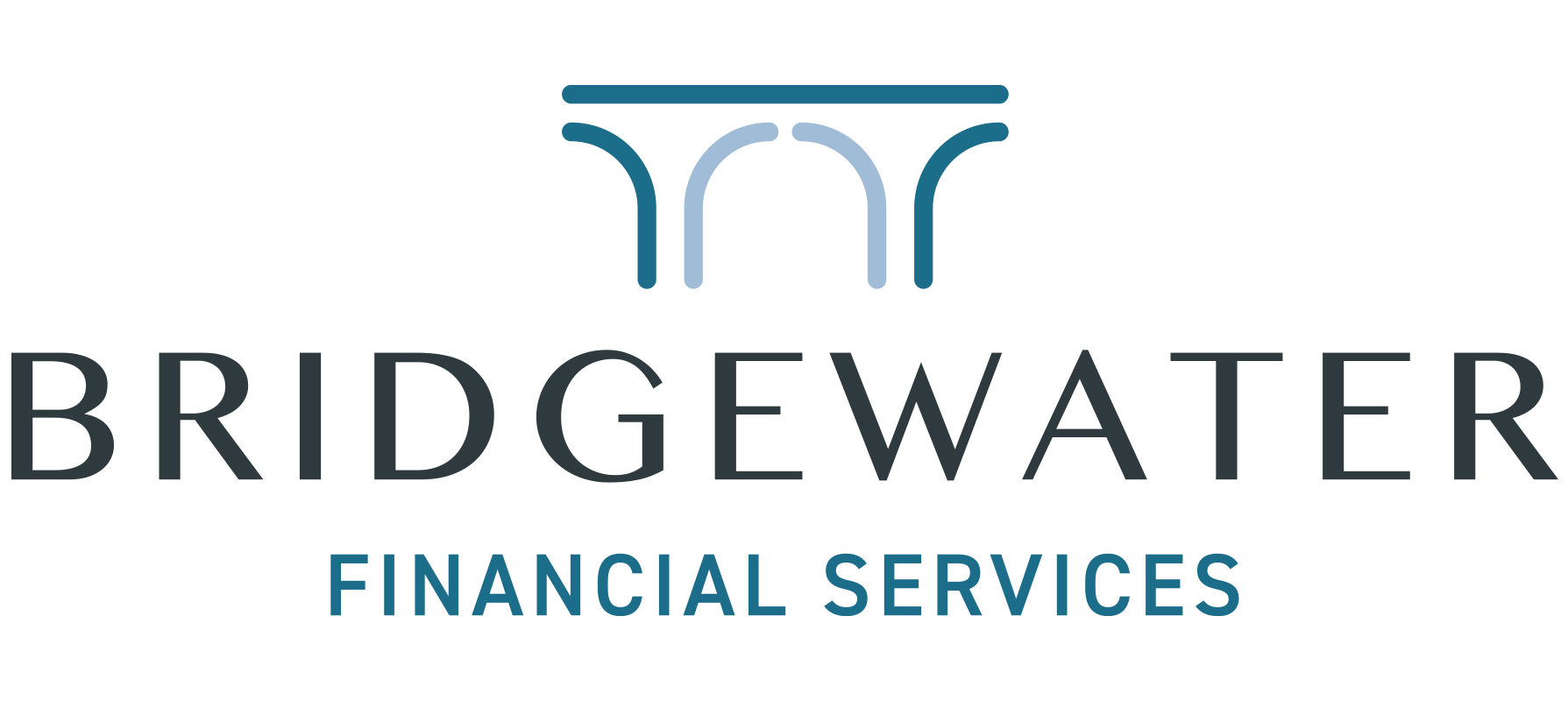This website uses cookies so that we can provide you with the best user experience possible. Cookie information is stored in your browser and performs functions such as recognising you when you return to our website and helping our team to understand which sections of the website you find most interesting and useful.

Top 5 financial tips for expats
January 27, 2023 by
An expat lifestyle doesn’t come without it’s own unique financial concerns
In a recently published Mental Health studies, it’s suggested that 35% of expats name financial security as a worry. In order to de-stress any unnecessary challenges you may face, I’ve put together my Top Five Tips for managing your personal finances whilst living abroad:
1 Monitor the exchange rate
To say that Sterling has been on a bit of a rollercoaster on the international exchanges recently, is a bit akin to saying Everest is just a large hill. It would be a massive understatement.
Earning a salary as an expat may mean that your income is paid in the local currency. Which in turn could mean that you are earning significantly different amounts to what you would be taking home in the UK.
Consider the Euro for a moment. Any expat earning their salary in Euros could have to deal with any currency fluctuations when the value of sterling and the Euro swings on the markets.
To overcome any shocks, it’s a very good idea to research this as much as possible before you move abroad. Examine how the currency you are going to use has faired over recent months. Consider what’s going to be have to converted into Sterling and at what cost that conversion will come at. Understanding and monitoring the currency markets won’t stop potential volatility, but it may go along way to decreasing your risk and exposure.
2 Get a bank account in your new country
Whilst there’s nothing stopping you keeping your UK based bank account, if you are intending to make your expat life a little more permanent then obtaining a bank account in your new resident country will certainly make payments quicker and cheaper. As using an overseas (UK) bank account, could mean paying transaction fees and charges. All of which quickly add up.
It’s easy enough to setup a bank account in the country that you’re moving to. Just get all your documentation together and apply, you’ll most likely need an up-to-date passport, any travel or work Visas along with proof of income and employment. Make sure you set up an account with online access and take the time to understand how to transfer money overseas. That way you’ll be able to send money back to the UK, as and when you want.
3 Think about the possible effect on your pension
A Pension is a great way to secure your own financial future. However moving abroad (or coming back from an expat life), means that you will certainly need to get expert and independent advice about your personal circumstances.
There are also a few things that you can do on your own that are sensible steps and checks. As a start, make sure you understand if and how you can continue to contribute into any voluntary pension you have, or whether it would be better to start one from scratch, which better suits your new status as an expat.
Any expats who are now approaching retirement age should make sure that the International Pension Centre is aware of your status and that they know that you live abroad. As, if you’ve paid enough qualifying UK NI contributions, you maybe able to claim your state pension.
You may also have gaps in your National Insurance Credits (NIC) because you were:
- Living or working outside of the UK
- Employed, with low earnings
- Unemployed but not claiming benefits
- Self employed but didn’t pay contributions because of small profits.
Whatever the reason, you should find out if you are able to either pay voluntary contributions to fill in any gaps, or see if you can claim benefits as you cannot work, are unemployed or caring for someone full-time.
Either way, you will need to address any gaps in your National Insurance record in order to maximise your state pension allowance.
Finally, a very large word of warning regarding overseas pensions and investments. Please be extremely careful if you are considering obtaining or moving assets to any overseas financial products, as their regulatory protection often offers nowhere near the amount of security, as it does if purchased in the UK
4 Know your tax situation
You should contact HMRC and explain your situation to them. This way you can ensure that you are not paying too little, or too much, tax whilst you are working abroad.
You should also have an understanding of how the tax system works in the territory you are moving to and ensure that you are complying with the local rules.
If you have moved as part of a company relocation or secondment, then your HR Department should be able to furnish you with all the up-to-date information you need.
5 Health insurance
For countries whose healthcare isn’t part or fully funded by the state, expat health insurance needs to be one of your first priorities. What might seem to be an added cost will certainly save you big money in the future, should you need any medical attention.
Both dental and health care can be variable, with some local systems charging high fees for something as basic as a doctor’s appointment. So do your research into what is and isn’t available before you move. However, the best way to make sure that you are completely covered is to take out a comprehensive and all encompassing expat policy. That way you know that your medical needs will be catered for, without any nasty financial surprises.
Living abroad is an exciting and fulfilling challenge and here at Bridgewater we just want to make sure you go into it with your eyes wide open That way you’ll enjoy the whole experience from the offset.
As always, were here to help with independent and expert financial advice. If you have any questions regarding becoming an expat, or returning to the UK, then please get in touch with us at Bridgewater Financial Services; where we will be delighted to help guide you through your individual options and strategies.
The Good, the Bad and the OBR
On Thursday 17 November, The Chancellor announced his much anticipated Autumn Statement. In it Jeremy Hunt outlined the three financial pillars on which he is taking the economy forward – stability, growth and public services.
Read moreThe Chancellor’s Announcement
As our new Chancellor, Kwasi Kwarteng has just announced his new growth plans, alongside the largest package of tax cuts seen for generations. This has caused, what he referred to as, “a little turbulence in the markets”. Given this gross misrepresentation of the result of his actions, I thought it might me a good time to examine some of the highlights from his announcement and what they could mean; and why you’re in safe hands with Bridgewater’s evidence based approach to investments.
Read more
